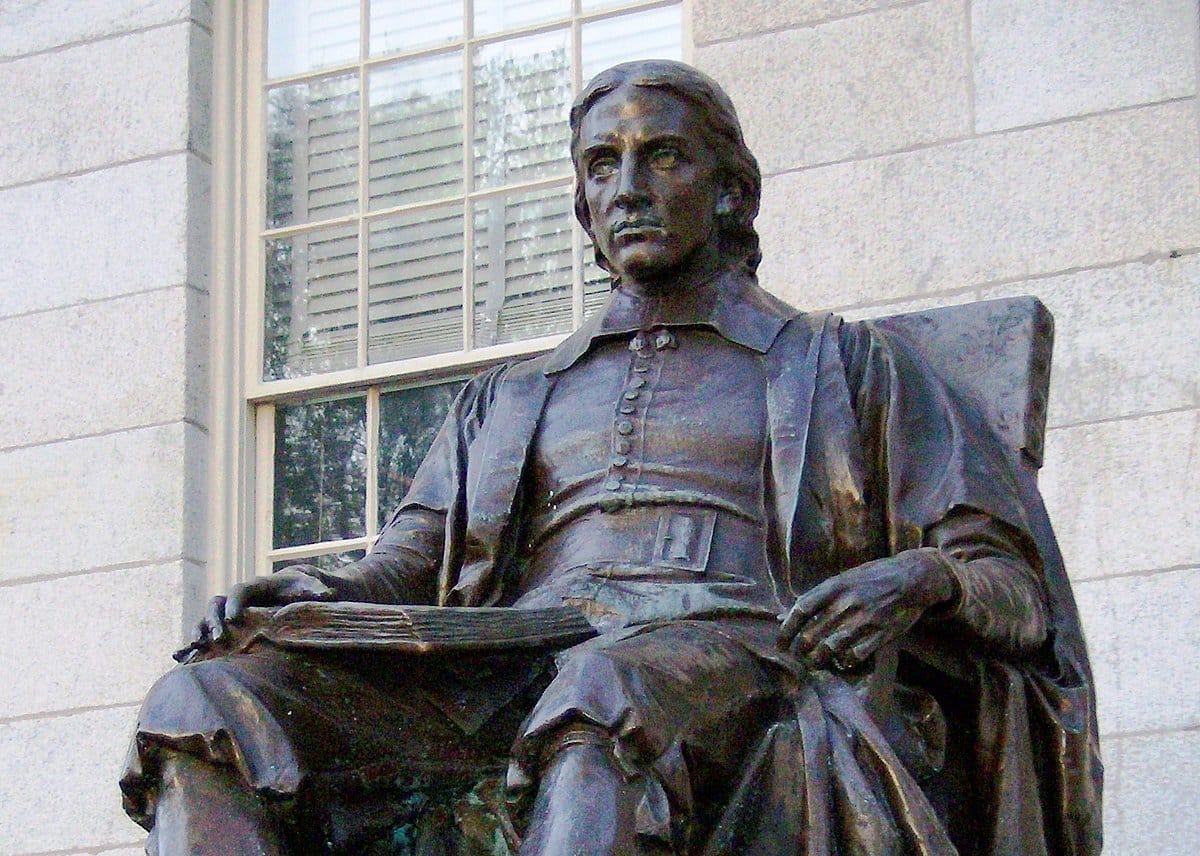Affirmative action battle brewing at Harvard

CAMBRIDGE — An organization currently suing Harvard, alleging that the university discriminates against qualified Asian applicants, is now fighting the Ivy League institution's efforts to force it to disclose its membership list and funding sources.
Describing Harvard's request as "a fishing expedition," Patrick Strawbridge, an attorney for Students for Fair Admission, told Harvard's litigation team in an April 1 letter that the school's discovery request is "unreasonable" and not relevant to the merits of the lawsuit

